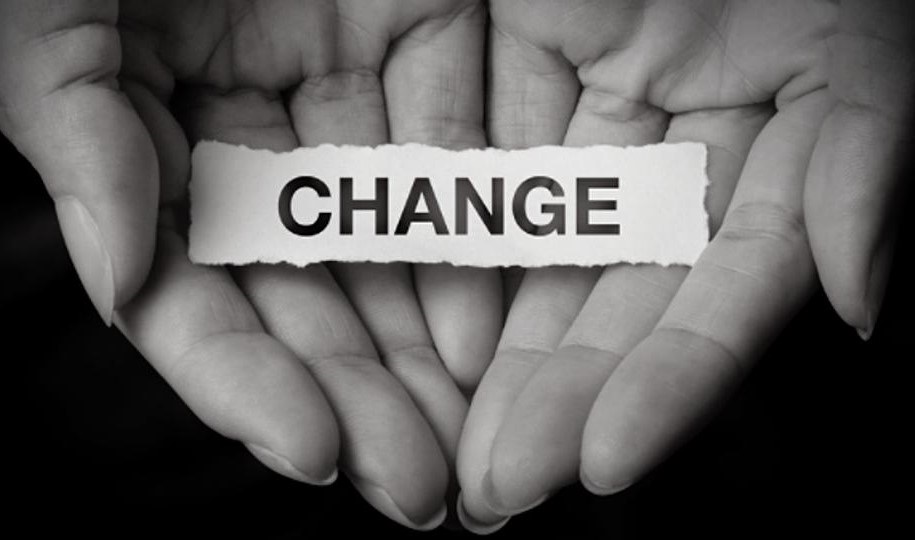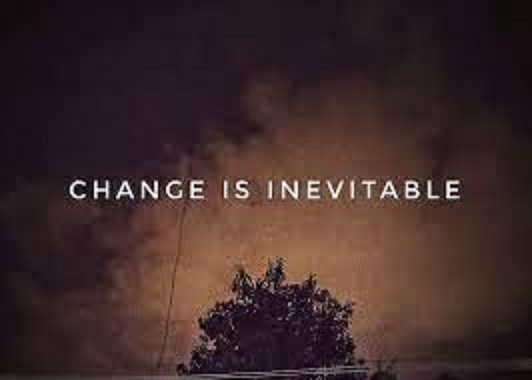- There is simply no reason to believe the subject caption is untrue because that’s the truth being mentioned since times immemorial. Indeed, change is the only constant and is a standard refrain mentioned quite often during every discussion of importance or when in a philosophical mood. Did someone say we must lead our lives in line with the constantly changing times but at the same time, embrace whatever is best for us, society, country, and the universe at large? Undoubtedly. The Indian societal landscape is diverse, widespread, and dotted with unique divergences that need no further elaboration. The traditions, culture, practices, and established norms over the millennium here are always open to changes, especially concerning day-to-day lives.

PC: HBS System
- As is the case everywhere else, Indian society is still patriarchal, and misogynistic, and embraces anachronistic practices despite making tremendous progress over the decades. However, the political landscape of the country is largely divided into a communal and secular narrative that only gets even more polarized by the day, Now, any progressive society should be governed by a uniform civil code is well appreciated. In that direction, some of the states are making efforts to introduce the same. One such state is Uttarakhand which recently passed the Uniform Civil Code as promised during the election campaign. The moot point to ponder over is whether the act is in line with the altered realities of the modern-day world. Doesn’t appear so. Why? Let’s delve.
- Any laws formulated must keep up with the times, and that means lawmakers should listen to young people who are expected to carry forward the legacy. Society doesn’t stand still. Despite patriarchy ruling the roost, young Indian women’s literacy has risen from 40% to 96% since 1981. The UCC is welcome insofar as to meet the needs of society is concerned. But such legislation also needs revision wherever they suffer tone deafness. Particularly to young people’s thinking, living, and doing. Look at how marriage is seen as being in service of family, live-in relationships are not. Why doesn’t the Uttarakhand govt feel the need to properly justify its plan to aggressively track live-in relationships, even though this is unprecedented?

PC: LinkedIn
- Because it is assumed that all parents will tacitly consent and clap. Lawmakers and judges are often only loyal to parents’ generations. Their jobs require them to be much more open. Young people are pulling away from past scripts to write uncharted stories. Old-headed institutions are made anxious by this confident adventurism. Young will keep pursuing the legalization of gay marriage, criminalization of marital rape, surrogacy rights for singletons, mandatory paternal leave, and unsurveilled live-in relationships. Any law enacted should consider the constantly altering equations in line with the socioeconomic realities of the time. thus, the state should not intrude upon a citizen’s personal liberty but aid in upholding the constitutionally mandated rights.






